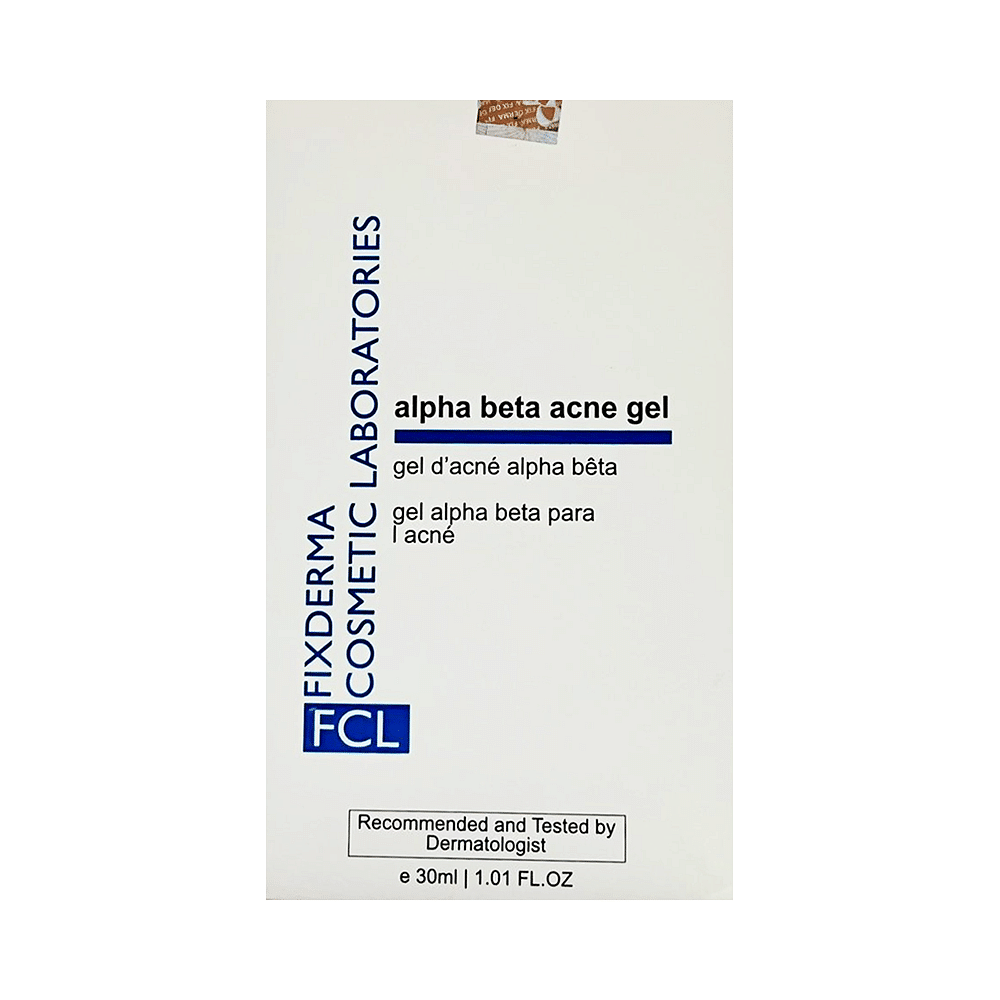
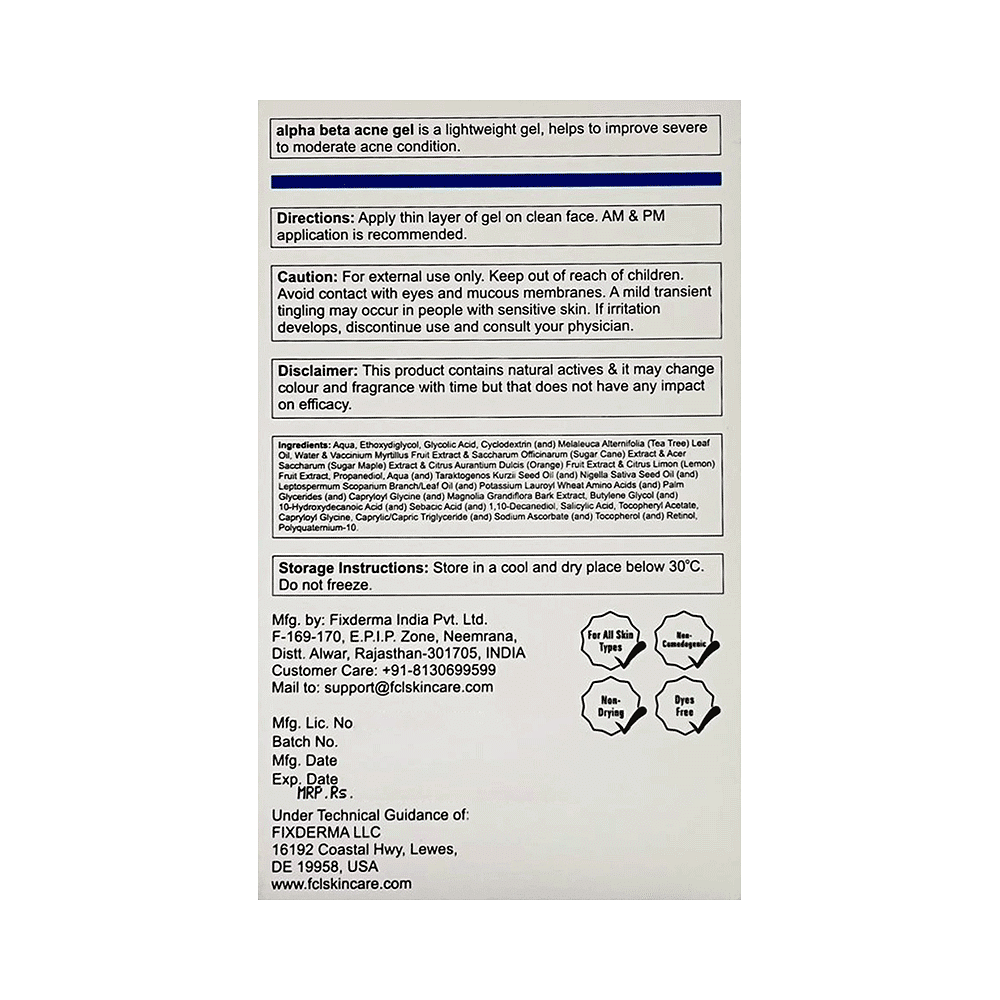
Fixderma Cosmetic Laboratories Alpha Beta Acne Gel
Manufacturer
Fixderma India Pvt Ltd
Key Information
Short Description
Fixderma Cosmetic Laboratories Alpha Beta Acne Gel is a skincare product that targets and treats acne-prone skin by exfoliating dead skin cells, unclogging pores, and regulating excess oil production.
Dosage Form
Gel
Introduction
Fixderma Cosmetic Laboratories Alpha Beta Acne Gel is a skincare product specifically formulated to target and treat acne-prone skin. The gel contains a combination of 2% Salicylic Acid and 6% Glycolic Acid, which work together to exfoliate dead skin cells, unclog pores, and regulate excess oil production. This on-spot treatment is designed to reduce the appearance of acne scars and blemishes, promoting a clearer and smoother complexion.
Directions for Use
Apply a thin layer of gel on a clean face. AM and PM application is recommended.
Safety Information
Side Effects
A mild transient tingling may occur in people with sensitive skin If irritation develops, discontinue use and consult your healthcare professional
How it works
The gel contains a combination of 2% Salicylic Acid and 6% Glycolic Acid, which work together to exfoliate dead skin cells, unclog pores, and regulate excess oil production.
Quick Tips
Avoid using makeup that can clog pores and irritate the skin
Related Medicines
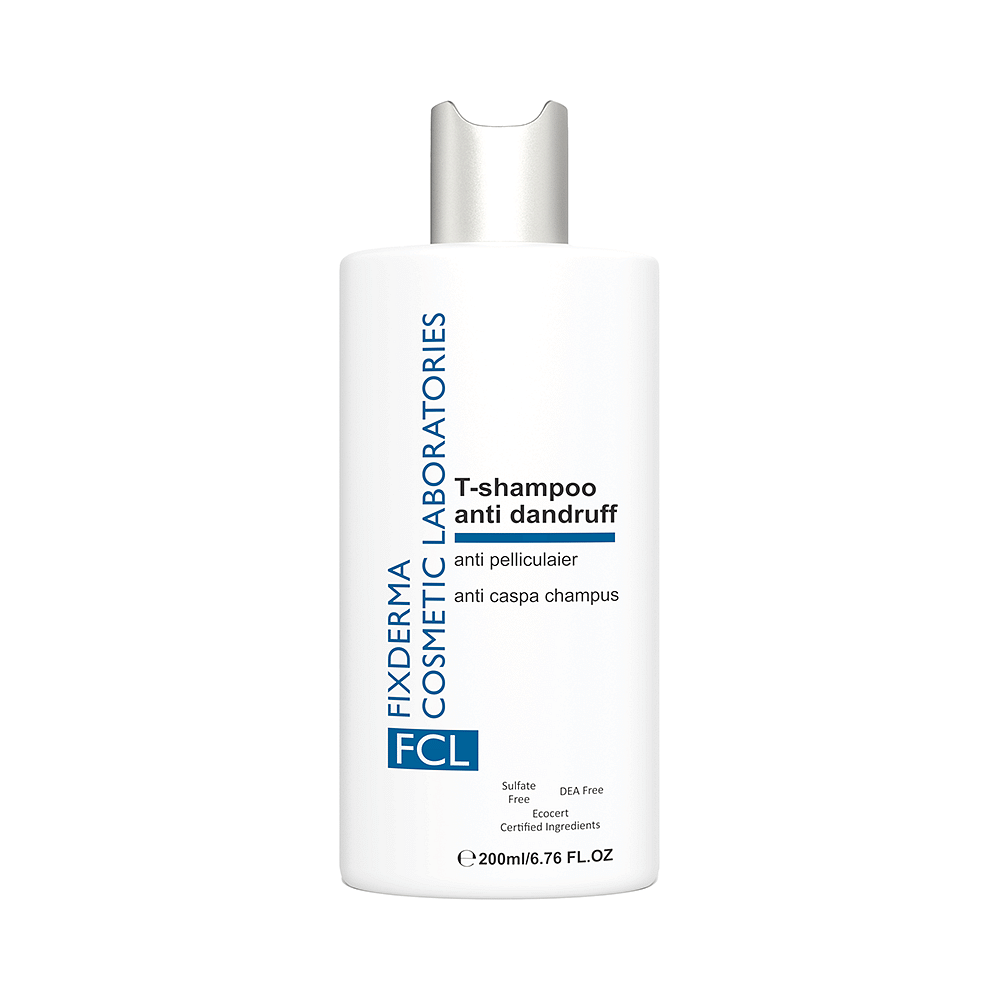
Fixderma Strengthening Shampoo
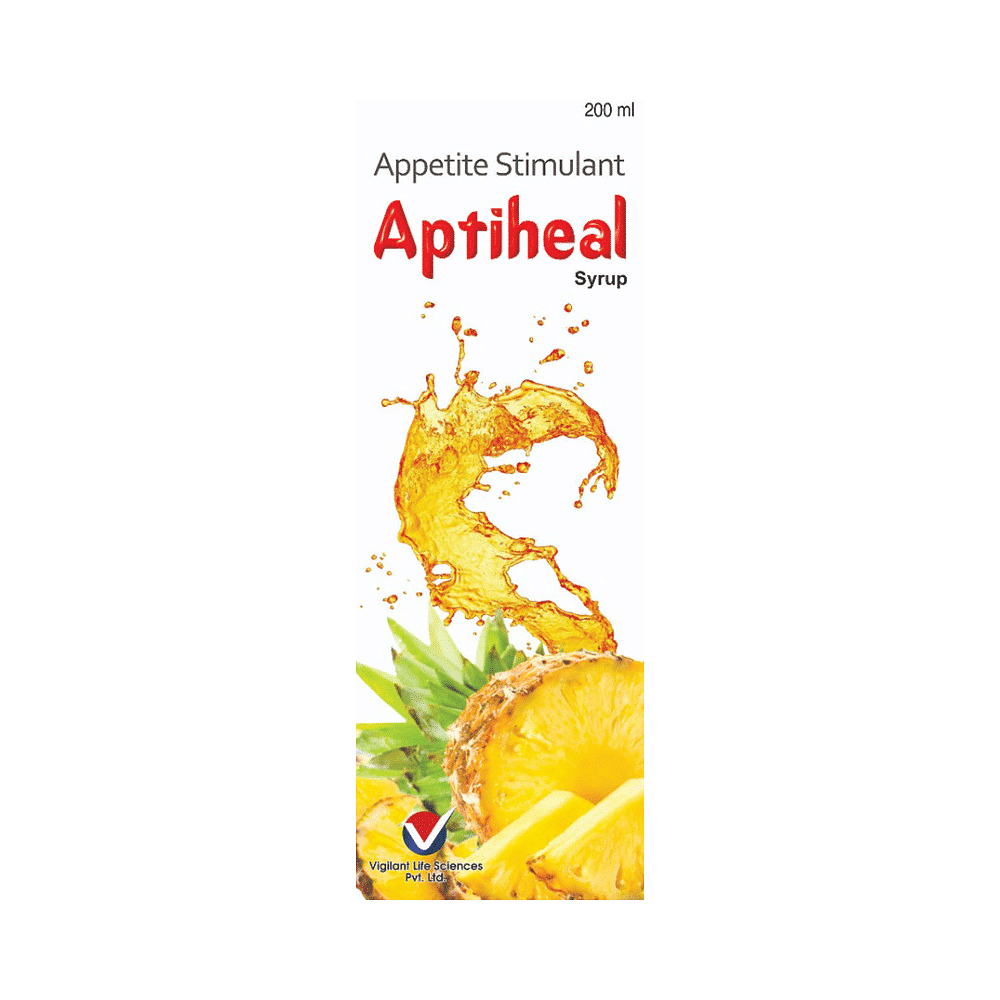
Aptiheal Syrup
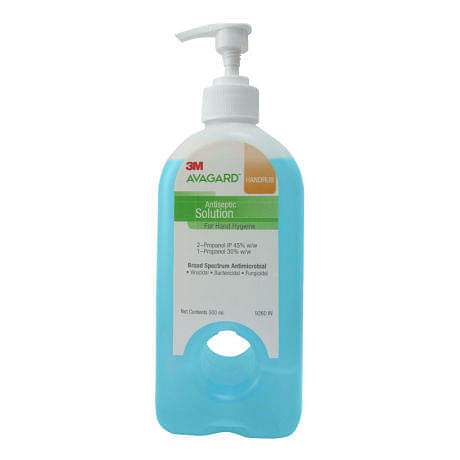
Avagard Handrub
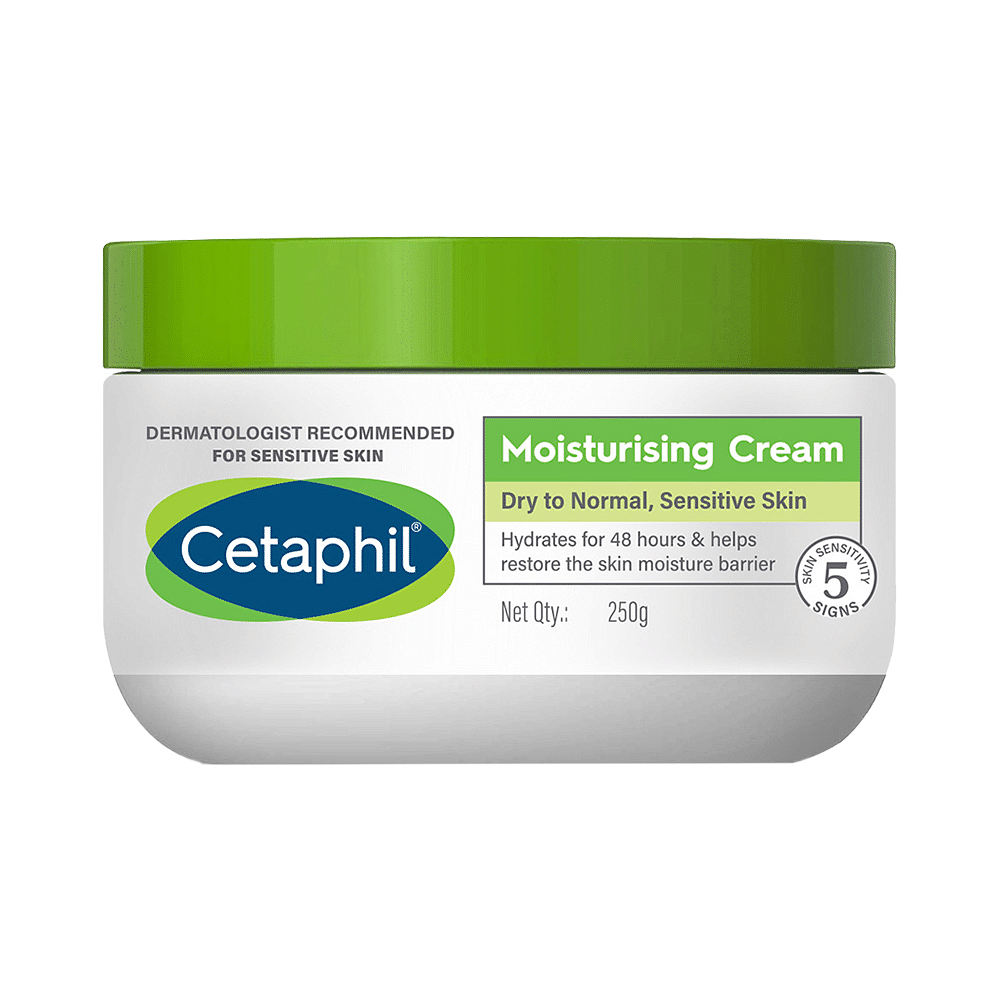
Cetaphil Moisturising Cream | Face Care Product for Dry to Normal, Sensitive Skin Dry to Normal, Sensitive Skin
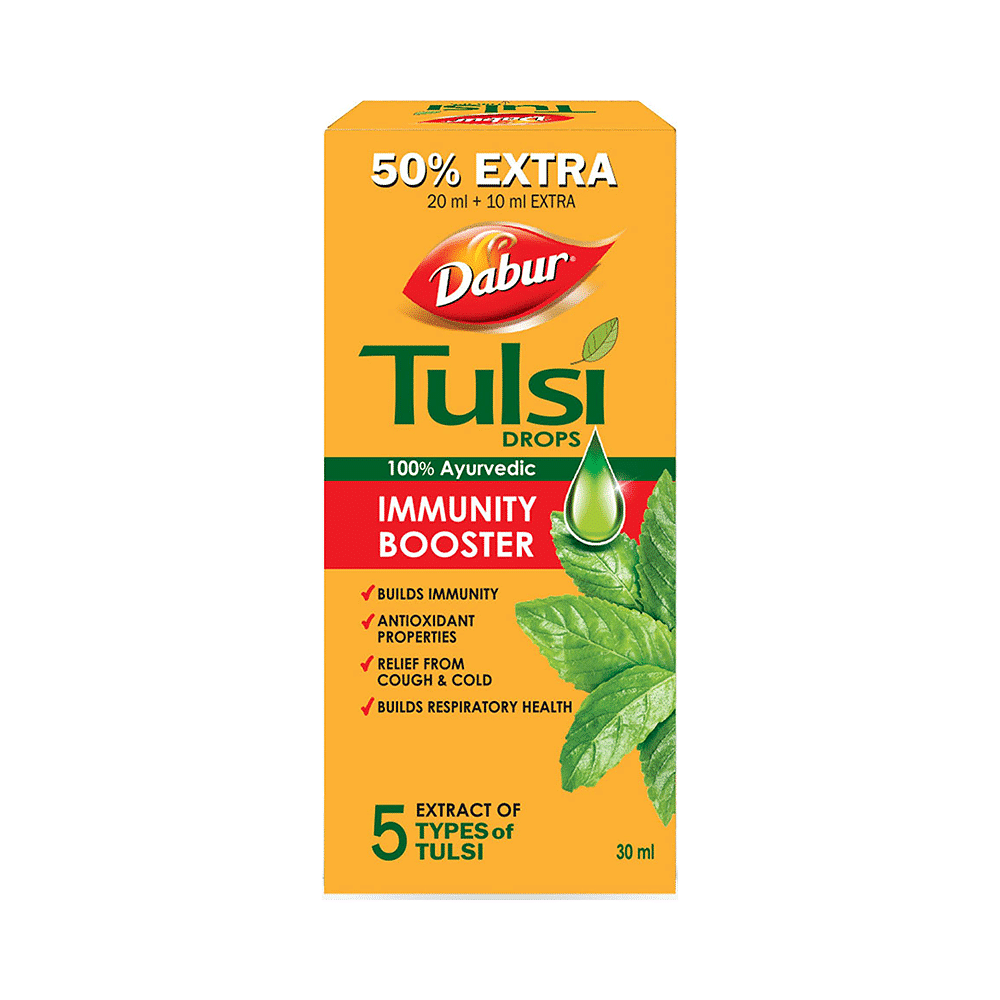
Dabur Tulsi Drop
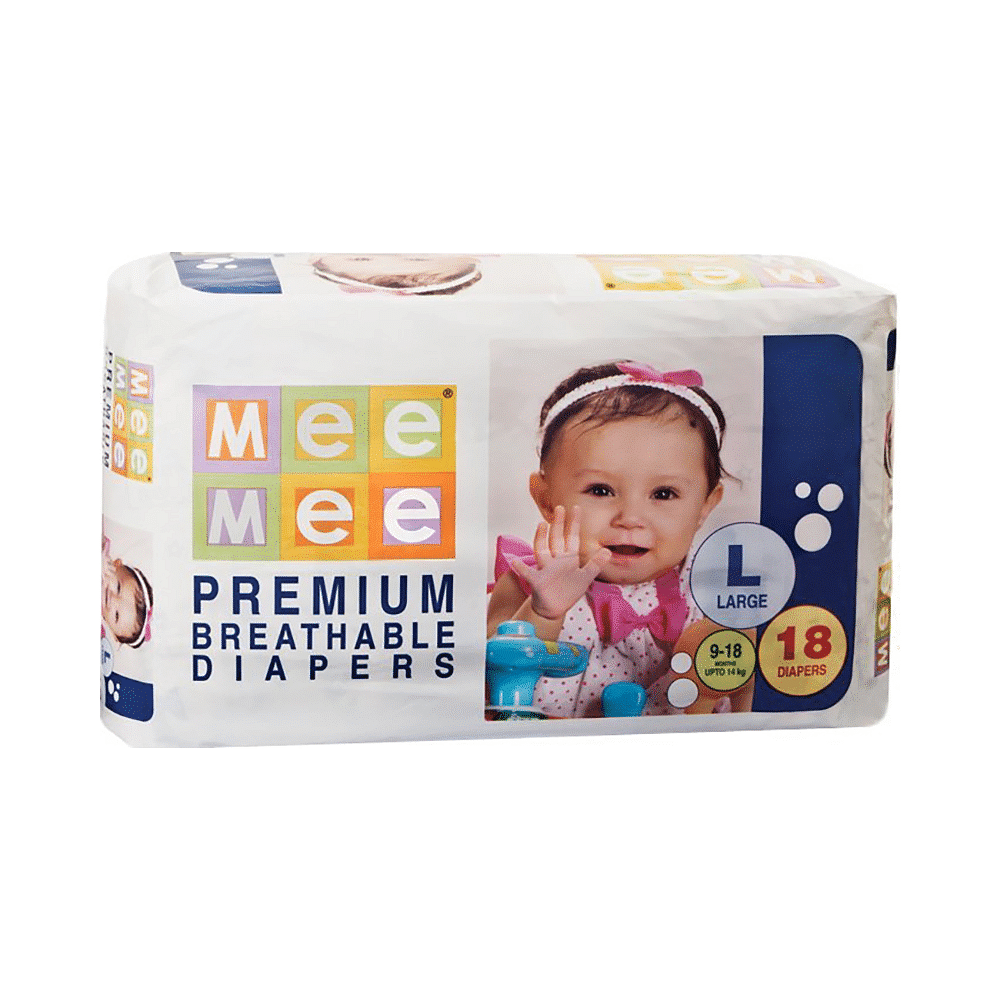
Mee Mee Premium Breathable Diaper Large

Ensure Diabetes Care Vanilla Delight Powder Refill
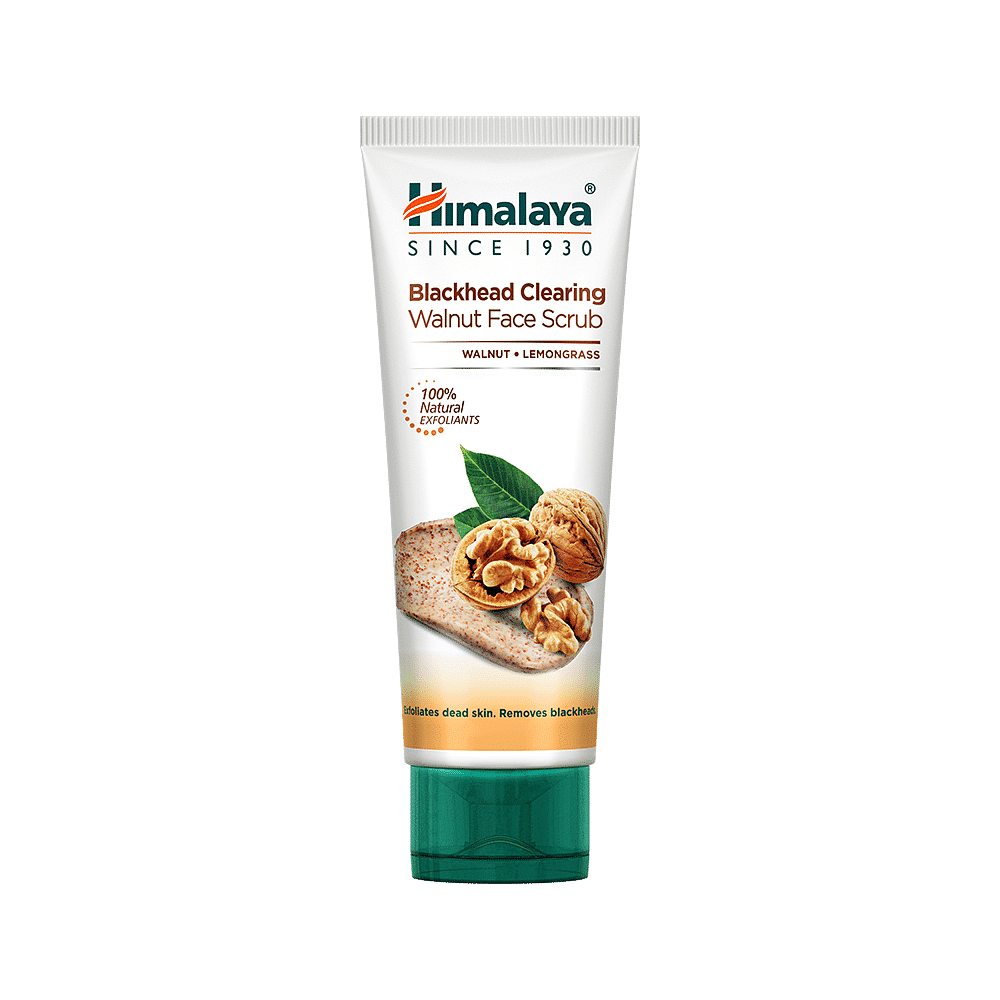
Himalaya Blackhead Clearing Walnut + Lemongrass Face Scrub | Exfoliates Dead Skin

Fogg Master Deo Spray For Men Napoleon Intense
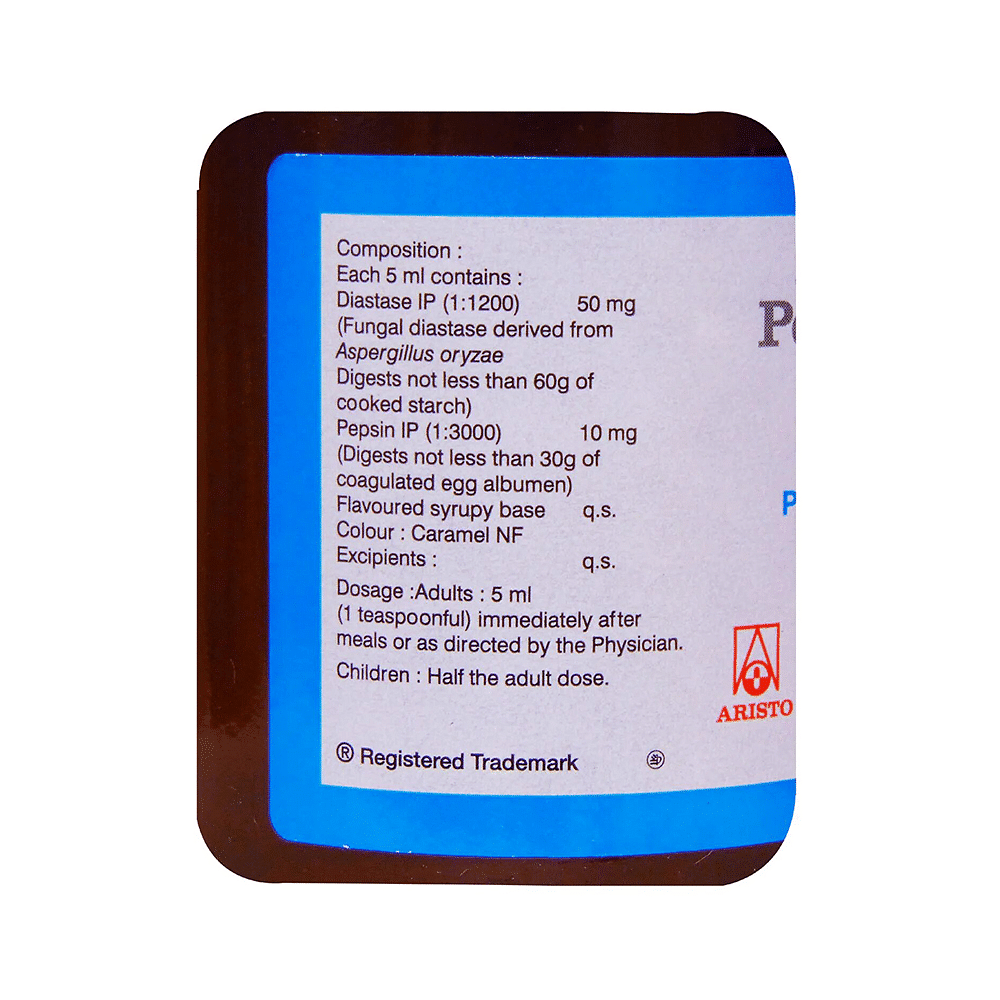
Aristozyme Liquid Pineapple
Frequently asked questions
What causes acne?
Acne is caused by a combination of factors, including excess oil production, clogged pores, bacteria, and inflammation
Do only teenagers get acne?
No, people of all ages can get acne, although it is most common in teenagers and young adults


